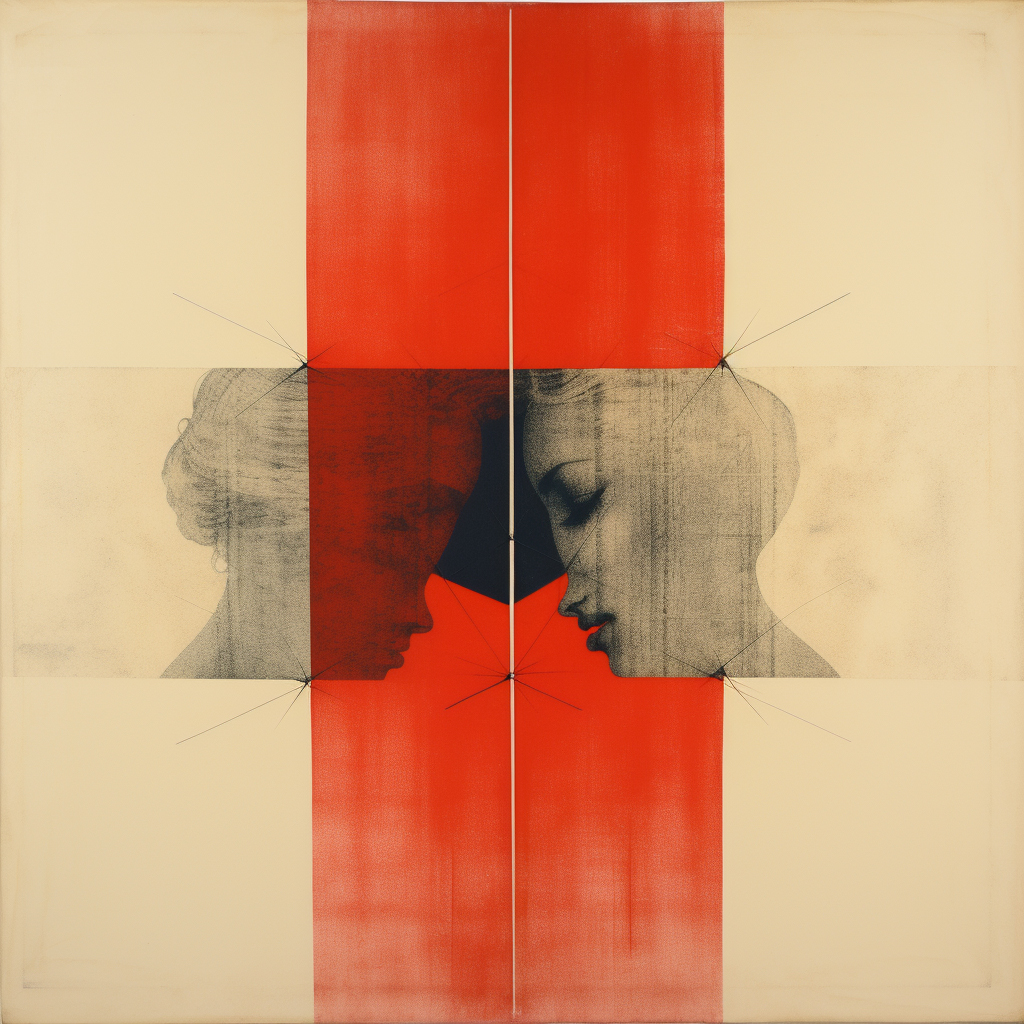
How does our current notion of perfection apply to how we interpret history and its manifestations, such as monuments, place names, institutional processes, among others?
In Western societies, historical measures applied to how events, people, were assessed included biblical criteria — moral integrity, fealty to God and generally bettering one’s character. Today’s society is more secular, more diverse, is open to more points of view. Over time, our benchmarks have changed along with our society. That is, the concept of human perfection closely corresponds to what people value as important in their respective times. The shifting definitions and benchmarks of human “perfection” often mirror the broader socio-cultural, religious, and philosophical landscapes of each era.
How have things changed in the last 250 years?
Changes in the Socio-Cultural Landscape
- Political Systems: The 18th-19th centuries were characterized by the fall of monarchies and the rise of democratic institutions, largely confined to the West. By the 20th-21st centuries, democracy had become a global aspiration, albeit with varying levels of success.
- Industrialization vs. Digitalization: The 18th-19th centuries saw the Industrial Revolution, which transformed agrarian societies into industrial powers. The late 20th-21st centuries have been marked by a Digital Revolution, affecting nearly every aspect of life.
- Global Scope: The 18th-19th centuries were Eurocentric, with colonial powers dominating the globe. By contrast, the 20th-21st centuries have witnessed the rise of multi-polarity and global interconnectivity.
- Social Movements: The earlier period saw the beginnings of movements for social justice, such as abolitionism. The later period has seen a significant expansion in these movements, such as on gender, race, and sexual orientation.
Changes in the Religious Landscape
- Institutional Religion: The 18th-19th centuries saw strong influence of organized religion on society, albeit waning due to Enlightenment thinking. The 20th-21st centuries have seen a marked decline in religious authority in the West.
- Rationalism vs. Pluralism: Deism and rational religion were significant in the earlier period, while the later period has seen greater religious pluralism and a rise in “spiritual but not religious” orientations.
- Social Role: Religion played a more cohesive social role in the 18th-19th centuries, while in the 20th-21st centuries, religious beliefs have become more individualized and less able to command social consensus.
Changes in the Philosophical Landscape
- Foundationalism vs. Postmodernism: The Enlightenment era emphasized foundational truths and universal principles. The 20th-21st centuries have challenged these “grand narratives,” emphasizing relative and localized truths.
- Ethical Theories: Utilitarianism and Kantian ethics, which focus on universal moral principles, were dominant in the earlier period. The later period has seen the rise of ethical theories centred on care, community, and social justice.
- Human Nature: Earlier philosophical thought often focused on rationality as defining human nature. Later thought has moved toward a more complex view, including insights from psychology, sociology, and even quantum physics.
- Public Engagement: While philosophy in the earlier period was largely an elite endeavour, the late 20th-21st centuries have seen philosophy enter public discourse, thanks in part to mass media and the internet.
- Technology and Ethics: Earlier periods engaged less with questions of technology and ethics, while the 20th-21st centuries have had to grapple with ethical issues arising from rapid technological advancements, including bioethics and the ethics of AI.
In summary, the 18th-19th centuries laid the foundation for many of the institutions and ideas that we associate with modernity, while the 20th-21st centuries have seen these ideas evolve, diversify, and globalize, in a context of rapid technological and social change.

Leave a Reply